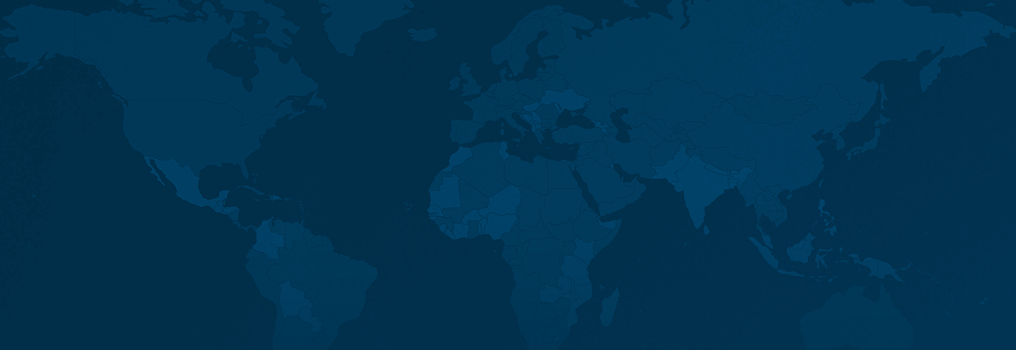


Sri Lanka
Gotabaya Rajapaksa’s election as president in 2019 and the Sri Lanka Podujana Peramuna’s (SLPP) victory in the 2020 parliamentary polls emboldened the Rajapaksa family. While Gotabaya and Mahinda Rajapaksa resigned from their posts in the face of the Aragalaya (“Struggle”) protests in 2022, the family appears to maintain significant control through the SLPP.
Research & Recommendations
Sri Lanka
| PR Political Rights | 22 40 |
| CL Civil Liberties | 32 60 |
Overview
Sri Lanka experienced improvements in political rights and civil liberties after the 2015 election of President Maithripala Sirisena. However, the Sirisena administration was slow to address the aftermath of a 26-year civil war between government forces and ethnic Tamil rebels, who were defeated in 2009. Gotabaya Rajapaksa’s election as president in 2019 and the Sri Lanka Podujana Peramuna’s (SLPP) victory in the 2020 parliamentary polls emboldened the Rajapaksa family. Gotabaya and Mahinda Rajapaksa resigned from their posts in the face of the Aragalaya (“Struggle”) protests—prompted by economic troubles, government mismanagement, and corruption—in 2022. While the government has since brought about relative stability, it has operated in ways that curtail civil liberties.
Democratic governments and donors must increase and sustain support for those working to defend and promote fundamental freedoms around the world. Failure to do so emboldens autocrats and can result in the loss of hard-won progress.
The events of the past year in places such as Nagorno-Karabakh and the Gaza Strip provided stark evidence that populations without self-determination are at greater risk of extreme human rights abuses or atrocities.
At least 40 countries are holding national-level elections in 2024, and many more will conduct other types of balloting. Free and fair elections are a cornerstone of any democracy, and independent and transparent electoral processes are necessary to foster genuine competition and public trust.
Sri Lanka
| A Obstacles to Access | 12 25 |
| B Limits on Content | 22 35 |
| C Violations of User Rights | 18 40 |
Overview
Internet freedom in Sri Lanka improved slightly during the coverage period. The government no longer blocked social media and other communications to repress protests, and the historic Aragalaya (Struggle), a countrywide peaceful mobilization calling for reforms to the country’s political culture and economic policies, continued during the coverage period. Following the resignation of Prime Minister Mahinda Rajapaksa and President Gotabaya Rajapaksa in response to the protesters' demands, former opposition leader Ranil Wickremesinghe, who was sworn in as acting president following Gotabaya fleeing the country, was appointed president through an election by Parliament. Wickremesinghe’s government implemented emergency regulations to bar purportedly false information, continued the brutal crackdown on online activists and journalists reporting on the Aragalaya movement, and introduced draft laws that could encroach on online expression and user privacy. Despite these continued restrictions, Sri Lankans continued to engage in digital activism around a range of issues.
Freedom of expression online is increasingly under attack as governments continue to restrict connectivity and block social media platforms and websites that host political, social, and religious speech. Protecting freedom of expression will require strong legal and regulatory safeguards.
Even before the new wave of generative artificial intelligence (AI) products, AI was a key factor in the crisis of information integrity, serving as an intensifier in environments that were already vulnerable to manipulation. However, advancements in generative AI will supercharge the creation and dissemination of false and misleading content.
Governments worldwide have passed increasingly disproportionate surveillance laws, and can access a booming commercial market for surveillance tools, giving them the capacity to flout the rule of law and monitor the private communications of individuals inside and beyond their borders.


